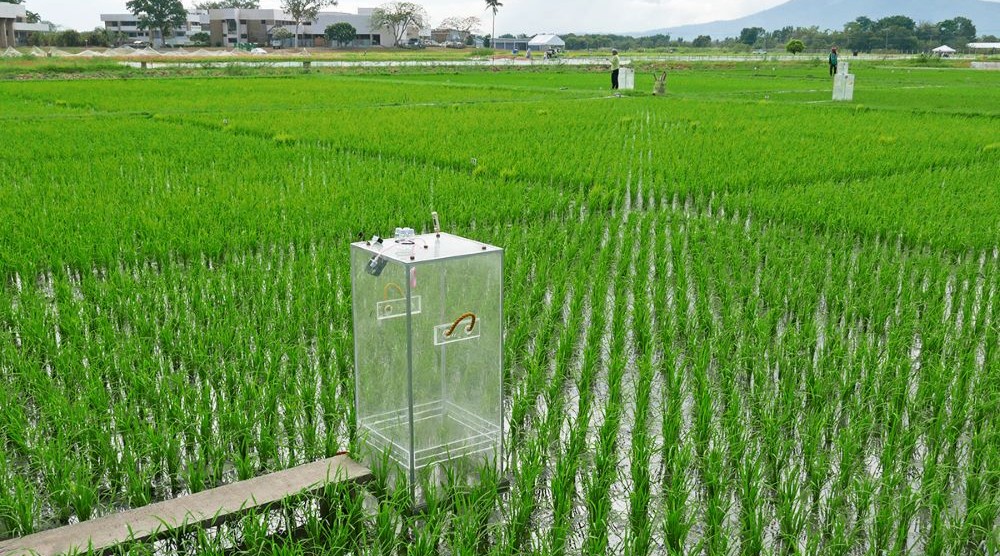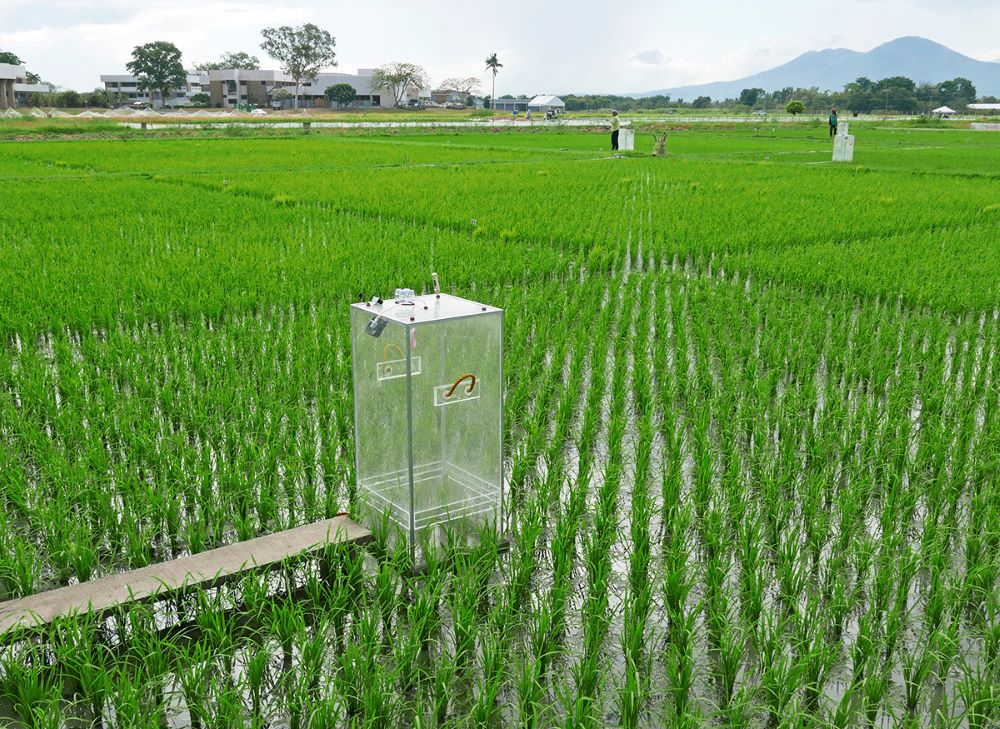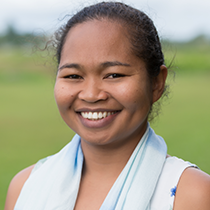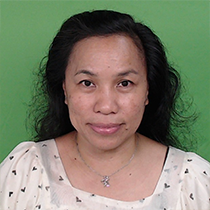Course Description
Over the recent years, greenhouse gas (GHG) mitigation has become an accepted global policy goal. In the context of major rice-producing countries, such as in the Southeast and South Asia regions, rice production represents an important source of GHG, particularly methane. Methane emissions from rice systems account for more than 50% of the methane emissions in these countries. Measurements of GHG emissions from rice production are key to guiding national strategies towards netZero and to monitor progress. This training course will aim to build capacity in GHG monitoring in rice systems. It will cover the relevant issues around climate change with an emphasis on measuring GHG emissions and the potential for mitigation practices in rice production.
The training comprises a combination of lectures, field demonstrations, and hands-on. Furthermore, it will provide an overview of the materials and equipment needed for field GHG emission measurement based on different fields set up for the practical application of the requirements by different standards for GHG inventory approaches.
Course Objectives
The proposed training program is designed to provide an overview of the significance of climate change and its mitigation in the rice system, an understanding of GHG emission mechanisms from rice production, and step-by-step guidance on conducting an experiment and on-farm monitoring for GHG emissions, from the collection of gas samples from the field to the lab analysis and calculation of emissions.
By the end of the training course, the participants should be able to:
- Understand the different climate change issues in agriculture with a focus on GHG emissions and possible mitigation options in rice
- Understand the principles of IPCC guidelines and GHG inventories based on country-specific Emission Factors (EF)
- Acquire skills in the procedures of
– GHG sampling in a rice-based system
– data analysis, presentation, and reporting
Target Audience
The course is intended for researchers, students, government officers, farmers, agricultural extensionists, rural development officers, and rice carbon project agents.
Key Modules:
- Climate change in agriculture with emphasis on rice production
- Mechanisms of greenhouse gas emission in rice system
- Mitigation practices in the ice system, climate action initiative, and AWD
- GHG Measurements technologies
- Field set up for GHG monitoring and sampling procedure in the field
- Gas Quantification Analytics in the lab and in situ
- Data assessment and GHG calculations
- Exercises Practice for country/case study
- Course Survey and Feedback
Learning Modality
The course will be delivered face-to-face through activities involving lectures, hands-on training, lab analysis, and field visits.






